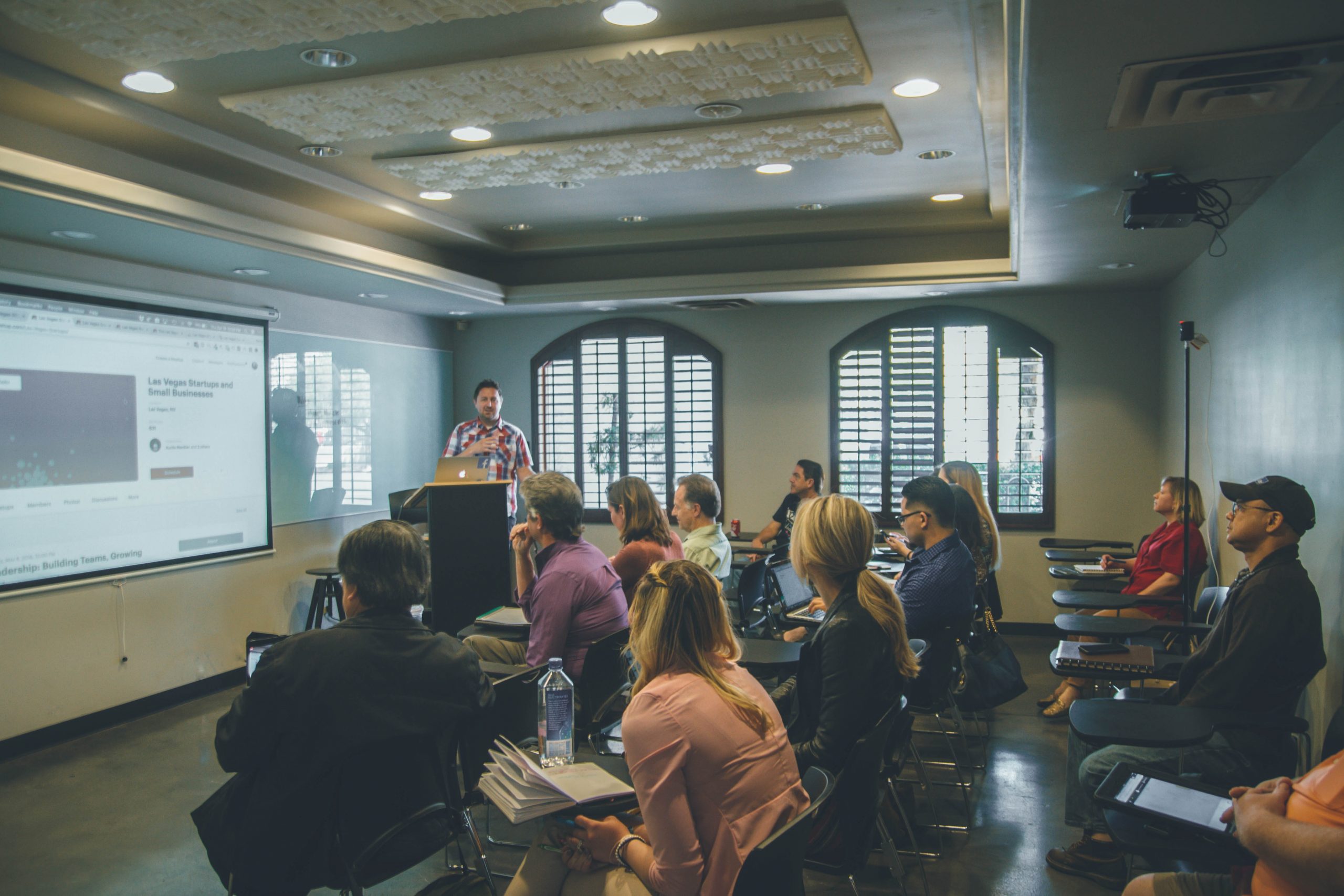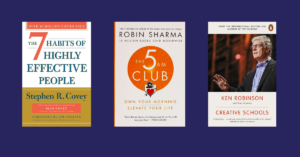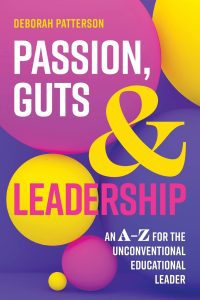Public speaking, it is commonly said, is one of the most pervasive fears (in some surveys, second only to death). It is estimated that 75% of all people suffer from fear of public speaking. In teacher training, speaking skills are rarely taught in any formal sense, which may increase anxiety. Yet public speaking is one of the most important skills for teachers hence a skill which is commonly tested—from classes to formal presentations in staff meetings.
Below are a list of great websites with hints and tips for teachers and school leadership along with some of my own advice when presenting to students or staff in a school setting.
https://speakwellacademy.com/why-is-public-speaking-important-for-teachers/






